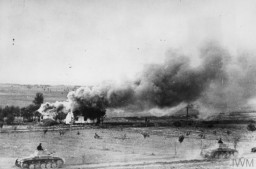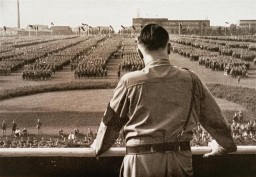We would like to thank Crown Family Philanthropies and the Abe and Ida Cooper Foundation for supporting the ongoing work to create content and resources for the Holocaust Encyclopedia. View the list of all donors.
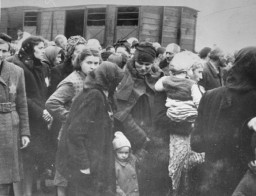
Artículo Destacado
Introducción al Holocausto
El Holocausto fue la persecución y el asesinato sistemático de aproximadamente seis millones de judíos europeos, organizado y auspiciado por el régimen alemán nazi y sus colaboradores. El Holocausto fue un proceso gradual que tuvo lugar en toda Europa de 1933 a 1945.
Navegar artículos populares
Explorar la enciclopedia
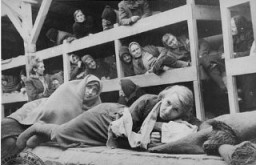
Historias personales
Explore las biografías en línea para aprender más acerca de las experiencias personales durante el Holocausto
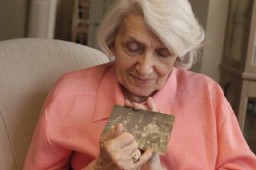
Fotografías
Navegar todas las fotografías
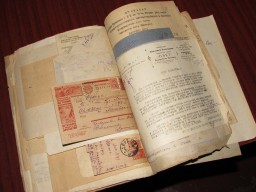
El Holocausto
Un sitio de aprendizaje para estudiantes

![German soldiers direct artillery against a pocket of resistance during the Warsaw ghetto uprising. [LCID: 34083b]](https://encyclopedia.ushmm.org/images/thumb/8ffe37b4-0b4f-4966-9e03-838766fb9e89.jpg)
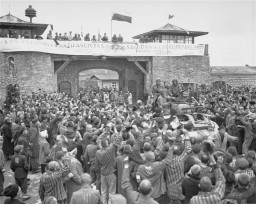
![Stretcher bearers carry a wounded soldier during the Battle of the Somme. [LCID: 2453747]](https://encyclopedia.ushmm.org/images/thumb/647ba4e2-8fc6-4340-9d0c-21dd535eaf42.jpg)
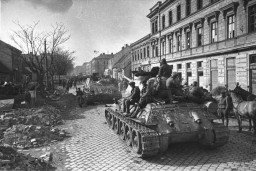
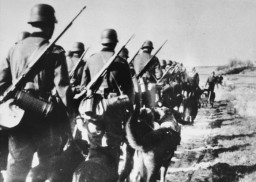
![German forces enter Aachen, on the border with Belgium, following the remilitarization of the Rhineland. [LCID: 70032]](https://encyclopedia.ushmm.org/images/thumb/4d587734-0984-4f9f-9d7d-5e2b5e87dacc.jpg)
